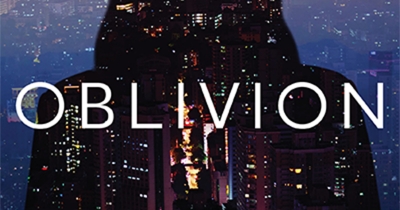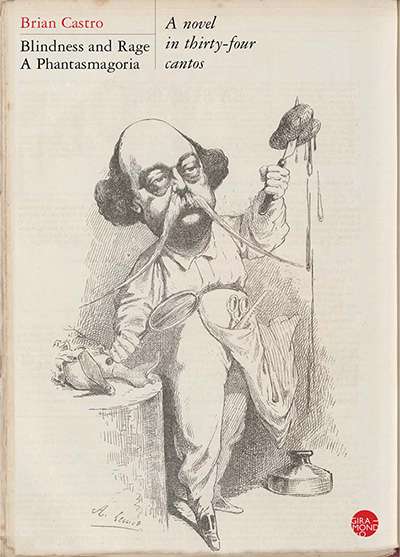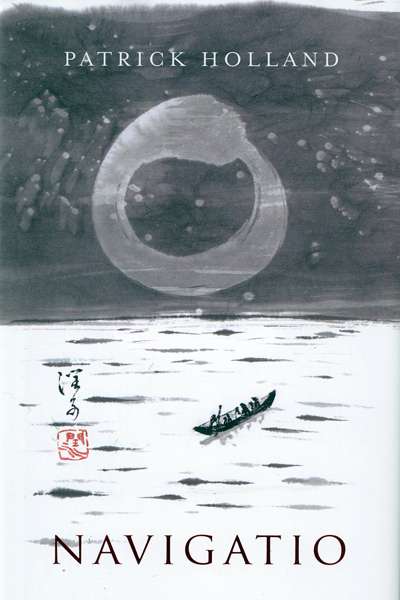He wakes in a city, briefly unsure which one. Already adrift. They have all begun to look alike, possessing the same anonymous modern functionality. Characterless, sleek. Architectural Esperanto, he calls it, ‘anonymous, with nothing to exclaim but their speed of construction and size’. His day is business: Asian multinationals, large sums of money. A curious vagueness to proceedings – the bigger the sums, the more abstract the work. He is little more than an intermediary. Home is an interchangeable hotel room on a high floor, but there’s always some trust-fund entrepreneur or high-powered businessman to remind him of his place. Night is drinking, piano bars, women of the night. Time itself is a kind of fluid construct, landing nowhere in particular. (‘No tense. Like the airports, what was is and will be.’) Only one place of possible return matters to him, and one courtesan there. Saigon. Tien. He is nameless and will remain so beyond the novel’s final page.
...
(read more)







